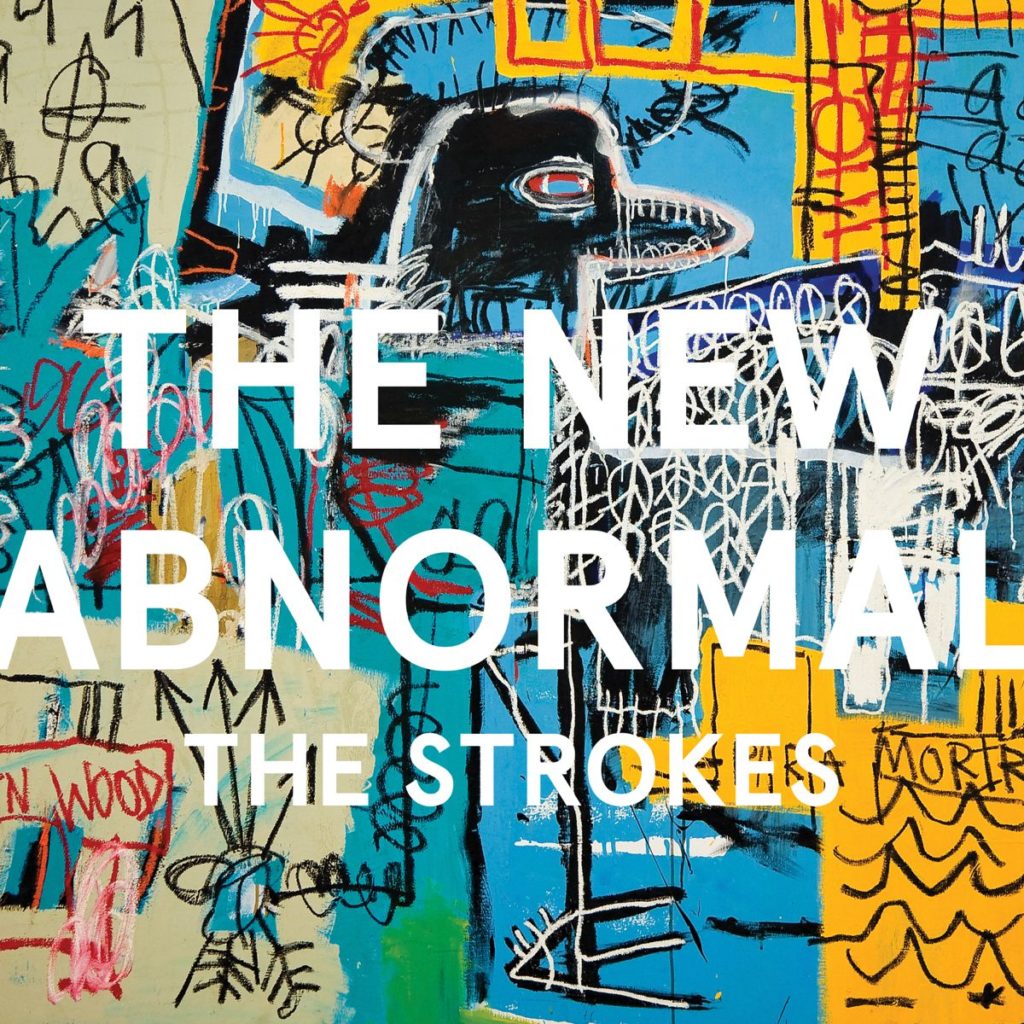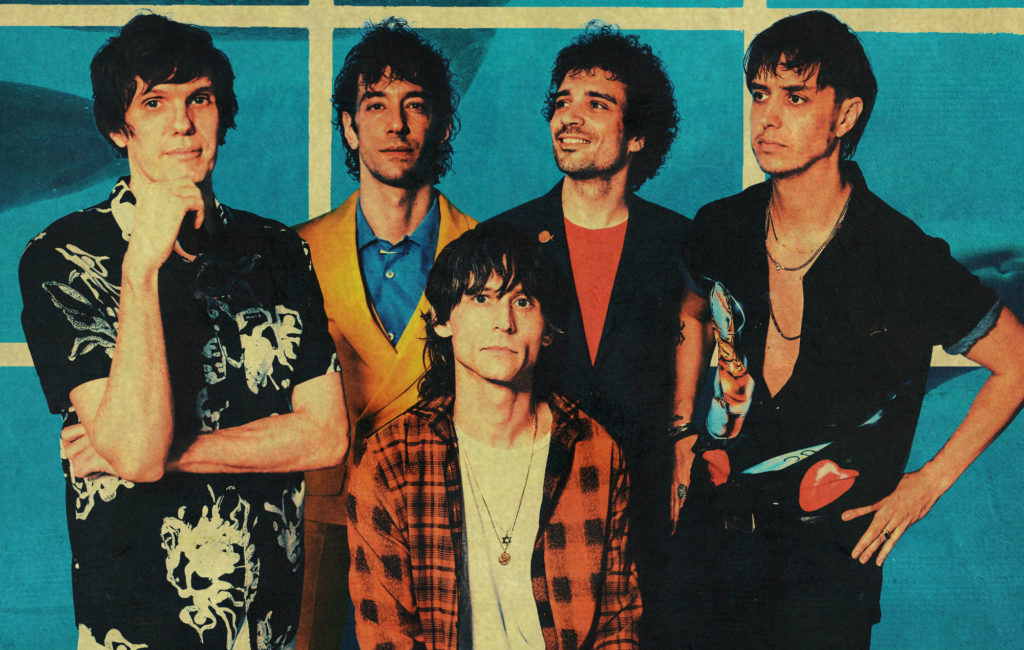Let’s just start this off, because I know most of you probably just want to know one thing: “Should I give this one a listen?” The score, in case you’re trying to get out of here…
8.5/10
It’s really good. It’s not quite at that “listen-to-it-every-day-for-a-few-weeks” level of greatness, but I genuinely enjoyed it. Whether you enjoy it will depend upon your perspective, and what you’re trying to get out of an album by The Strokes.
Upon first listen, this is a slow, steady, and meandering album. These aren’t the quick pop-rock cuts of their first two albums, and that’s what I want to communicate. I expect many critics will probably gives this album “average” reviews in the 4-6/10 range, because they want something that hasn’t existed in 20 years. With “Room on Fire” and “This Is It“, each track showed up for two to three minutes, in the classic quick-cut New York rocker style. That’s what fans came to expect out of The Strokes, and those two albums became the de facto sound that people wanted from The Strokes.
It’s unfair to expect a band to keep making the same sound for two decades. Continuity over several decades is overrated, and I’ll die on that hill. Aside from the first track “The Adults Are Talking” which is bouncy, and feels influenced by John Frusciante — everything else is muted, more melodic, and… features more falsetto singing.

This is an adult, all-grown-up version of The Strokes, without all the early 20s energy, because these guys aren’t in their early 20s anymore, and they’re not going to write music like angsty young men. Julian Casablancas is 41 years old now, so of course he’s not writing little punchy rock tracks with too much fuzz.
Taking several steps back, just assume for a moment you had never heard earlier versions of the Stokes. You’d listen and think “The Strokes” are an adult-oriented, psychedelic/funk/disco band — a band that was heavily influenced by early 2000s post-punk rock groups. It’s not party-all-night music. It’s “cooking homemade pizza in your kitchen” music. There aren’t the hard-stop endings. Sometimes, the band just jams and allows themselves to enjoy the fun of of making music. This isn’t something that ever happened on the older albums from The Strokes, with embellishments, repeated refrains, or long solos.
That’s why I think this album is going to be polarizing. If you’re not ready for people to grow up, and you want what you always wanted, then you’re going to think this isn’t “authentic” to what they were. The outro of “Eternal Summer” feels like it could belong to Tame Impala. The synths from “At The Door” could be from MGMT‘s last album, “Little Dark Age” — and that’s okay. MGMT grew up. People hated it. Tame Impala followed up “Currents” with something “less focused” and “less Tame Impala” and critics didn’t like it.
I think “At The Door” is a perfect microcosm of this album, because it’s so minimal, sad, and detached. Music critics say that songs like this are “full of melancholy” or whatever; and to a point, that’s true, but not here. It’s a sad song in style, but it’s a beautiful song in structure, because it builds on itself to an anti-crescendo. The Strokes of old would punch out with a hard kick drum and guitar mute. It’s clear this band was more interested in building moods than writing songs… and that’s okay. This is music that fades away, and it’s meant to fade away.
Dare I say, this may be my new favorite album by The Strokes.
